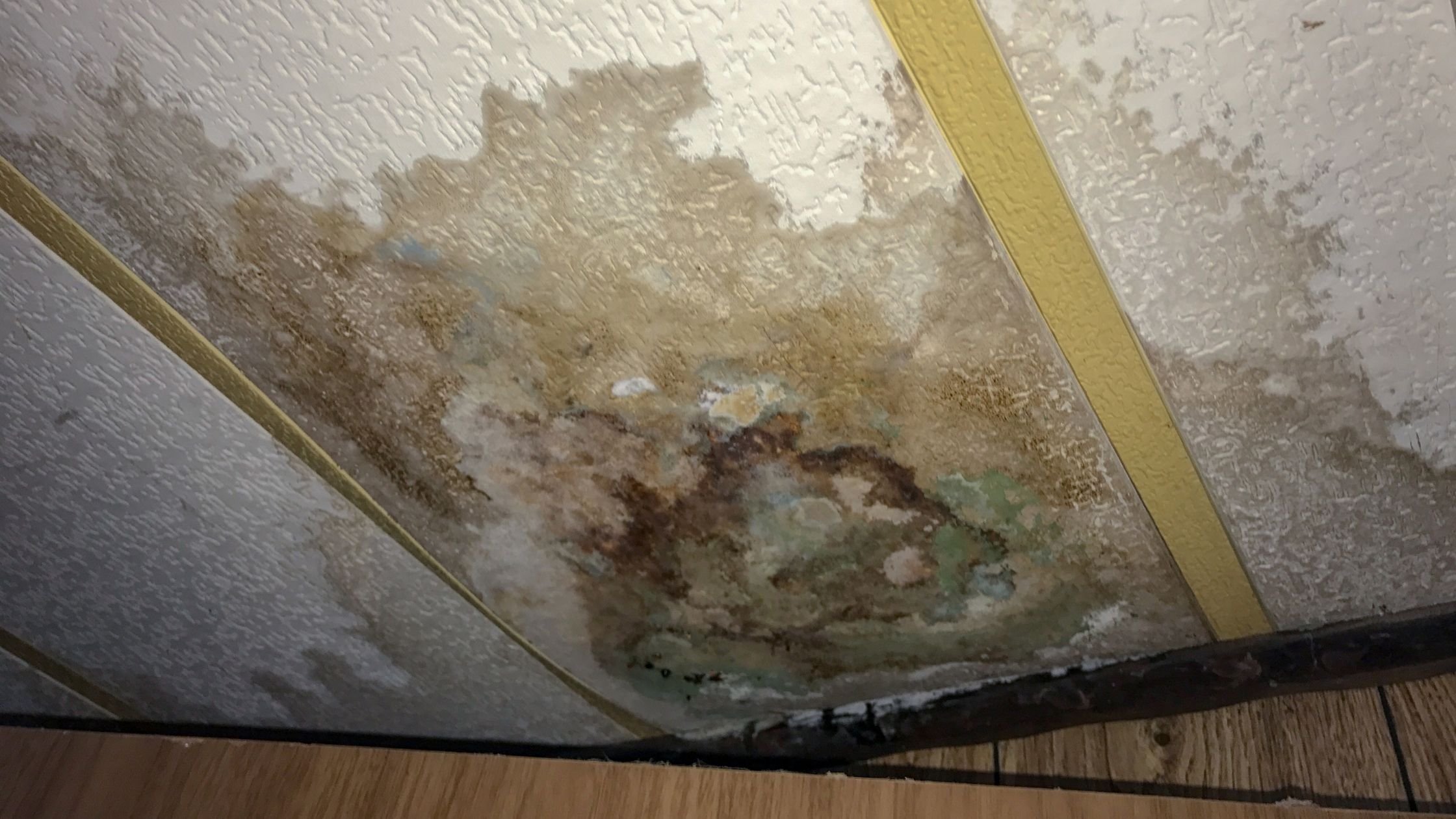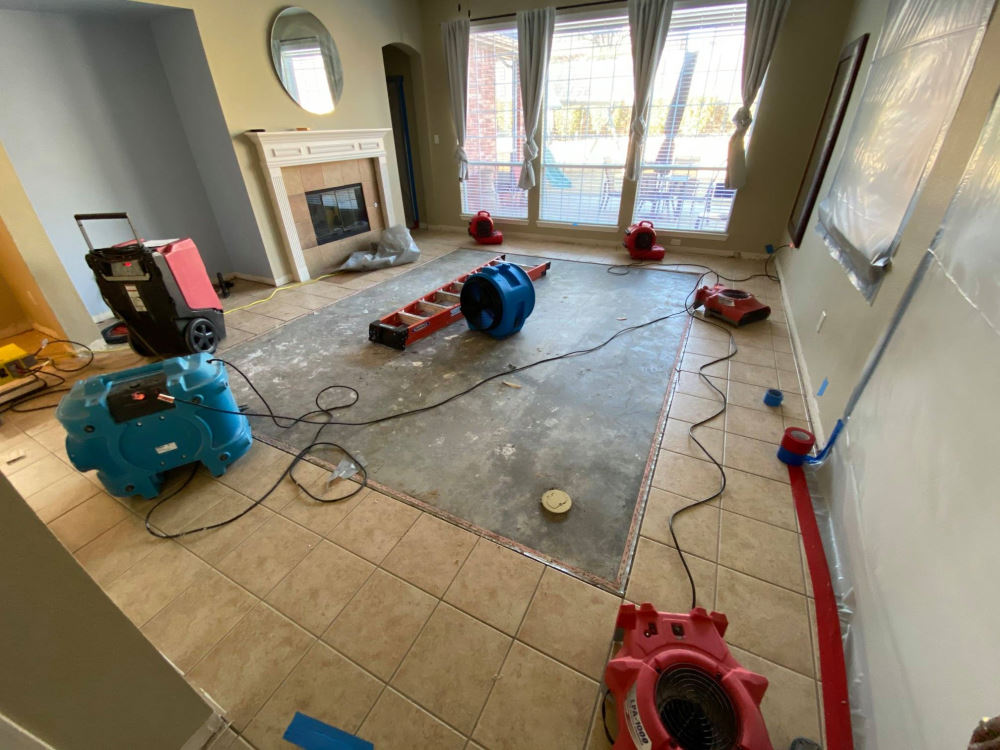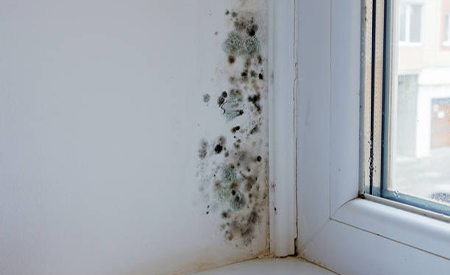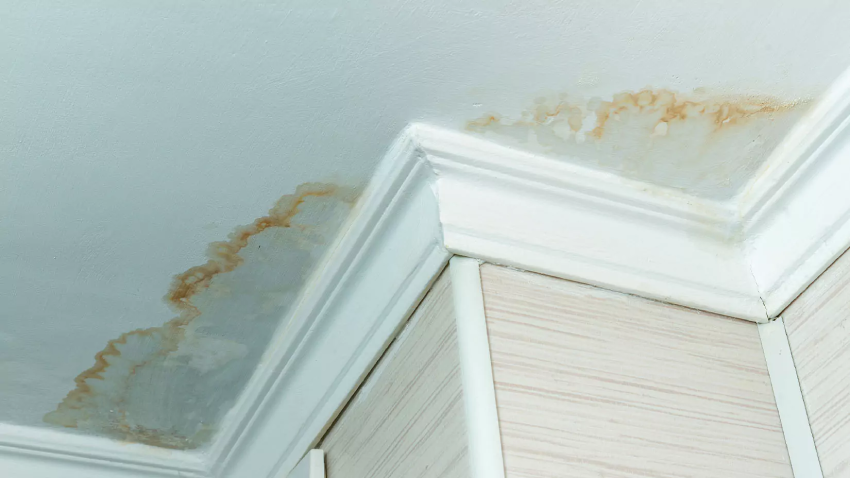Quick Response Emergency Water Leak Repair for Residential and Commercial Needs
Quick Response Emergency Water Leak Repair for Residential and Commercial Needs
Blog Article
The Process of Water Damages Cleaning: Ensuring Your Home Is Restored Efficiently
Water damage can be a daunting obstacle for property owners, necessitating a organized and thorough cleanup procedure to recover safety and functionality. Originally, an extensive assessment is critical to recognize the extent of the damage and identify the appropriate remediation procedures. Following this, reliable water extraction strategies play a critical function in minimizing more harm. The nuances of drying out, sterilizing, and eventual restoration are just as important and commonly neglected. Understanding these stages can make a considerable difference in the end result of your home's restoration, triggering a closer check out what each step entails.
Examining the Damages
Upon finding water damages, the initial step is to completely examine the level of the effect. This first evaluation is essential, as it aids identify the required actions for effective clean-up and remediation. Begin by evaluating the impacted locations, including wall surfaces, ceilings, floorings, and personal possessions, to determine the resource of the water invasion, whether from flooding, leaks, or condensation.
Recording the damages is vital for both insurance policy claims and planning remediation initiatives - damage restoration services. Use pictures and created notes to record the extent of the damage, keeping in mind any affected architectural elements and products. Pay unique focus to areas that might not be instantly noticeable, such as behind walls and under rugs, as hidden moisture can cause more complications, including mold and mildew development
Furthermore, evaluate the timeline of the water exposure. The longer the products continue to be wet, the better the capacity for damage. Understanding the duration of exposure will notify the necessity of removal initiatives. Inevitably, a comprehensive analysis lays the groundwork for an effective water damage cleanup process, making certain that all affected locations are addressed successfully and extensively.
Water Extraction Methods

Experts usually utilize submersible pumps for larger volumes of water, which can promptly reduce flooding in cellars or other influenced areas. For smaller sized amounts, wet/dry vacuums are usually used to draw out residual wetness from carpetings and difficult surfaces. In addition, making use of portable extractors permits for targeted removal in constrained spaces or areas with delicate products.
In instances of polluted water, such as sewer or floodwater, progressed extraction strategies may include using biohazard tools to make certain safety and security and compliance with health and wellness policies. High-powered removal tools are essential in reducing water retention in architectural materials, which can bring about mold and mildew development and structural damage otherwise addressed quickly.
Eventually, the performance of water removal techniques plays a crucial function in the overall success of the water damage cleaning procedure, laying the groundwork for subsequent repair initiatives.
Drying and Dehumidification
Once standing water has actually been successfully removed, the next critical stage in the water damage cleanup process is drying out and dehumidification. This step is important to stop additional damage and mold development, which can take place within 24 to 48 hours in damp environments.
To accomplish efficient drying, customized devices such as industrial-grade air movers and dehumidifiers is employed. Air moving companies circulate air throughout damp surface areas, enhancing evaporation rates, while dehumidifiers reduce humidity levels see here now airborne, advertising a helpful environment for drying. The mix of these tools ensures that wetness is extracted from wall surfaces, floors, and furnishings, permitting them to dry thoroughly.
It is essential to check the drying procedure carefully. Specialists frequently use dampness meters to examine the wetness material in different products, guaranteeing that all affected areas reach acceptable dry skin levels. This precise approach aids to avoid hidden dampness pockets that could lead to structural damage or unhealthy mold and mildew development.

Cleaning and Sterilizing
After the drying and dehumidification phase is total, the next vital step in water damages clean-up is cleaning up and sterilizing the affected areas. This process is essential to avoid the growth of mold, microorganisms, and various other pathogens that thrive in damp atmospheres.
The cleansing phase generally involves getting rid of any kind of debris, dirt, and pollutants from surface areas making use of specialized cleaning agents. For difficult surface areas, a combination of soap and water or commercial cleansing products is typically utilized. Soft materials, such as upholstery and carpetings, might need much more extensive cleansing methods, consisting of steam cleaning or deep removal methods, to ensure extensive cleanliness.

Sterilizing adheres to cleaning, making use of EPA-approved anti-bacterials to remove harmful microorganisms. This step is important, specifically in locations that may have entered contact with floodwaters or sewer, as these sources can position serious health and wellness dangers.
Additionally, it is essential to resolve any remaining smells, which may call for making use of smell neutralizers or sophisticated methods like ozone treatment. Proper cleaning and disinfecting not just restore the next page security and hygiene of your home yet also prepared for successful reconstruction and repairs in succeeding stages of the water damage cleaning process.
Repair and Repair Work

Once the assessment is total, repair efforts can begin. Furthermore, floor covering may call for comparable interest, depending on the level of water direct exposure.
It is critical to engage experienced restoration professionals throughout this process, as they possess the know-how to take care of intricate repair services successfully. They can assist minimize prospective future issues, such as mold and mildew growth or structural instability, thus making certain a safe and habitable living environment. Inevitably, reliable remediation and repair services recover the home's honesty and improve its overall worth.
Final Thought
Finally, the procedure of water damages clean-up is crucial for recovering a home to its pre-damage problem. Each phase, from analyzing the damage to executing effective water removal techniques, adhered to by comprehensive drying out, sterilizing, and essential repair services, plays a vital duty in making sure safety and conformity with building standards. Efficient execution of these steps not just minimizes immediate damages but additionally enhances the long-lasting honesty and value of the home.
Water damages can be a daunting difficulty for property owners, necessitating a thorough and structured clean-up procedure to restore security and capability. Inevitably, a thorough analysis lays the groundwork for a successful water damages cleaning procedure, making certain that all affected Recommended Site areas are addressed efficiently and completely.
Efficient water extraction methods are vital in mitigating damage and avoiding further issues adhering to a water intrusion occasion.In verdict, the process of water damage clean-up is important for restoring a home to its pre-damage condition. Each stage, from examining the damages to carrying out effective water extraction techniques, followed by thorough drying out, sterilizing, and essential fixings, plays a crucial duty in guaranteeing safety and security and compliance with building criteria.
Report this page